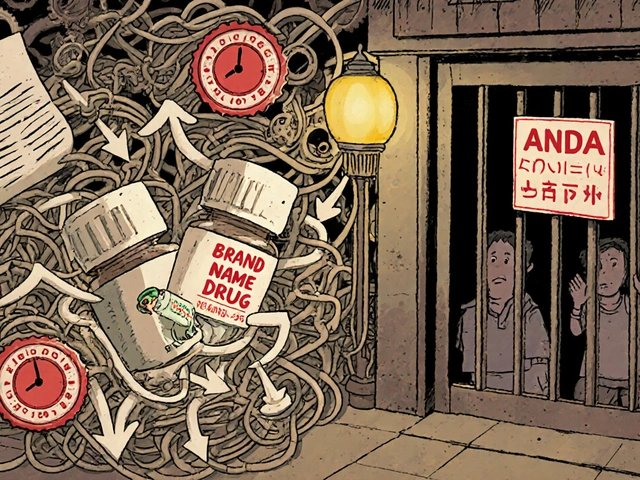SSRIs: What They Are, How They Work, and What You Need to Know
When doctors prescribe an antidepressant, chances are they’re reaching for an SSRI, a class of medications that increase serotonin levels in the brain to improve mood and reduce anxiety. Also known as selective serotonin reuptake inhibitors, SSRIs are the most prescribed type of antidepressant in the U.S. and Europe—not because they’re perfect, but because they work for most people with fewer side effects than older drugs. They don’t make you feel euphoric. They don’t turn sadness into happiness overnight. What they do is slowly help your brain regain balance, so you can start sleeping better, stop crying for no reason, and feel like yourself again.
SSRIs work by blocking the reabsorption of serotonin, a chemical your brain uses to send signals between nerve cells. More serotonin in the spaces between cells means better communication, which over weeks can ease symptoms of depression, anxiety, OCD, and even PTSD. But they’re not magic. It takes 4 to 6 weeks to feel the full effect, and up to half of people don’t respond to the first one they try. That’s why switching SSRIs—or adding therapy—is so common. And while they’re generally safer than older antidepressants, they’re not harmless. Common side effects include nausea, sexual dysfunction, weight gain, and insomnia. Some people feel worse before they feel better, especially in the first two weeks. That’s why you never stop them cold turkey—withdrawal can hit like the flu, with dizziness, brain zaps, and intense mood swings.
SSRIs also interact with other drugs in ways that can be dangerous. For example, mixing them with St. John’s Wort, a popular herbal supplement for mild depression can cause serotonin syndrome—a rare but life-threatening spike in serotonin levels. They can also reduce the effectiveness of birth control and blood thinners like warfarin. Even common painkillers like ibuprofen can increase bleeding risk when taken with SSRIs. If you’re on one of these, your doctor should check every other medication, supplement, or herb you’re using. And if you’re pregnant or planning to be, SSRIs need special consideration—they’re not always off-limits, but the risks to the baby must be weighed against the risks of untreated depression.
What you won’t find in most patient brochures is how often SSRIs are prescribed for reasons beyond depression. They’re used for chronic pain, migraines, premature ejaculation, and even severe PMS. That’s why you’ll see posts here about norethindrone acetate, a hormone treatment for PMS being compared to SSRIs, or why someone might be taking an SSRI alongside a diabetes drug like metformin. These aren’t random combinations—they’re real, everyday choices made by doctors and patients trying to manage complex health needs.
There’s no one-size-fits-all SSRI. Some are better for sleep, others for energy. Some cost less as generics. Some have fewer sexual side effects. The posts below cover exactly that: real comparisons, hidden risks, and what actually happens when you take these drugs long-term. You’ll find stories about drug interactions, how long it takes for generics to appear, and what to do when the first one doesn’t work. This isn’t theory. It’s what people are actually dealing with—and what you need to know before you start, switch, or stop.

Major Depressive Disorder: Antidepressants and Psychotherapy Options Explained
Major Depressive Disorder is treatable with antidepressants, psychotherapy, or both. Learn how SSRIs, CBT, and combination therapy work, what to expect, and how to choose the right path for you.
Detail




